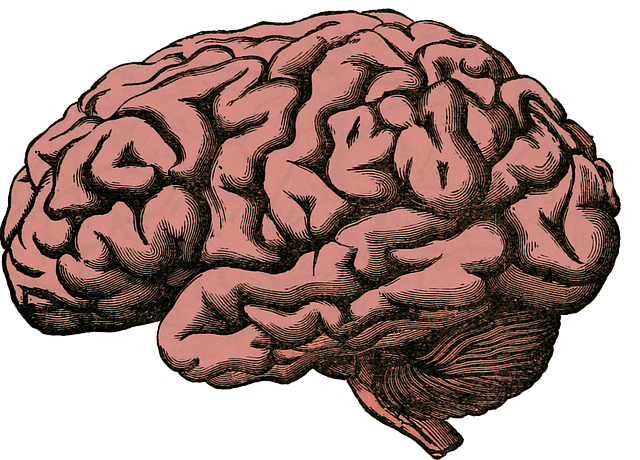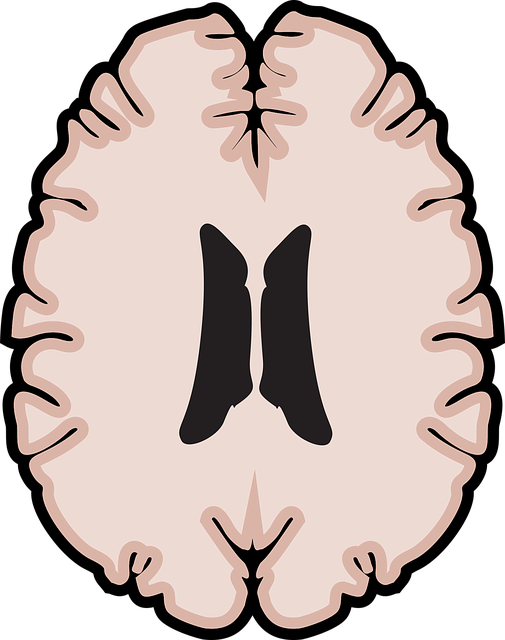Mental wellness programs, such as Longmont Interpersonal Issues Therapy (LIIT), offer evidence-based strategies like cognitive-behavioral therapy and mindfulness practices to support individuals in managing stress, interpersonal challenges, and building resilience. LIIT focuses on the connection between personal relationships and mental health, providing a safe space for self-awareness and communication improvement through structured sessions. Evaluating LIIT uses both quantitative (surveys, statistics) and qualitative (interviews, focus groups) methods to track progress and identify areas for improvement, while the Mental Wellness Podcast Series offers real-life stories and educational content as an innovative assessment tool. Continuous evaluation and feedback analysis are crucial for program adaptation and success.
Mental wellness programs play a crucial role in fostering resilience and enhancing quality of life. This article explores various evaluation methods used to assess the effectiveness of such initiatives, highlighting unique approaches like Longmont Interpersonal Issues Therapy. We delve into qualitative and quantitative assessment techniques, emphasizing continuous improvement through feedback analysis. By understanding these evaluation strategies, mental health professionals can refine programs like Longmont Interpersonal Issues Therapy, ensuring optimal benefits for participants.
- Defining Mental Wellness Programs and Their Purpose
- Longmont Interpersonal Issues Therapy: A Unique Approach
- Evaluation Methods for Measuring Program Effectiveness
- Qualitative vs. Quantitative Assessment Techniques
- Continuous Improvement Through Feedback Analysis
Defining Mental Wellness Programs and Their Purpose

Mental wellness programs are designed to support individuals in achieving and maintaining a state of emotional well-being. These programs address various aspects of mental health, including managing stress, coping with interpersonal issues, and fostering resilience. Longmont Interpersonal Issues Therapy, for instance, focuses on helping clients navigate and resolve challenges in their relationships, thereby improving overall mental wellness. The primary purpose of such initiatives is to enable individuals to lead fulfilling lives by enhancing their emotional healing processes and building empathy within themselves and towards others.
These programs often incorporate a range of evidence-based strategies, such as cognitive-behavioral therapy, mindfulness practices, and group support sessions. Additionally, the emergence of digital platforms has led to innovative solutions like Mental Wellness Podcast Series Production, offering accessible resources for those seeking guidance on emotional healing processes. Through these initiatives, communities can foster an environment that prioritizes mental wellness, empowering individuals to take proactive steps towards enhancing their psychological resilience.
Longmont Interpersonal Issues Therapy: A Unique Approach

The Longmont Interpersonal Issues Therapy (LIIT) is a unique approach that goes beyond traditional talk therapy, focusing on addressing interpersonal issues that often underlie mental health concerns. This method emphasizes the interconnectedness of personal relationships and their profound impact on one’s mental wellness. LIIT encourages clients to explore and navigate complex social dynamics, fostering a deeper understanding of themselves and others. By combining elements of cognitive-behavioral techniques with empathy-building strategies, this therapy aims to enhance mood management skills and improve overall emotional resilience.
The program’s innovative approach involves creating a safe and supportive environment where individuals can openly discuss their interpersonal challenges. Through structured yet flexible sessions, therapists guide clients in identifying unhealthy relationship patterns, improving communication, and developing effective coping mechanisms. By integrating Mental Health Awareness and promoting Empathy Building Strategies, LIIT equips individuals with the tools to navigate relationships more effectively, leading to improved mental wellness outcomes.
Evaluation Methods for Measuring Program Effectiveness

Evaluating the effectiveness of a mental wellness program is paramount to understanding its impact and making informed improvements. Longmont Interpersonal Issues Therapy (LIIT) employs a multifaceted evaluation approach to assess program success, encompassing both quantitative and qualitative methods. By utilizing standardized surveys and interviews, LIIT measures changes in participants’ symptoms, coping skills development, and overall quality of life. These tools help track progress over time, identify areas for enhancement, and ensure the program aligns with its goals.
Furthermore, LIIT integrates Mental Illness Stigma Reduction Efforts within its evaluation process, fostering an environment where participants feel safe to share their experiences without fear of judgment. The production of a Mental Wellness Podcast Series also serves as an innovative assessment method. Through this platform, LIIT captures real-life stories, discusses coping strategies, and provides educational content, thereby promoting awareness and engagement while gathering valuable feedback from the target audience.
Qualitative vs. Quantitative Assessment Techniques

When evaluating mental wellness programs, researchers often employ either qualitative or quantitative assessment techniques, each offering unique insights into participant experiences and outcomes. Qualitative methods, such as interviews and focus groups, are powerful tools for exploring individuals’ subjective perspectives on their therapy journey. For instance, a Longmont Interpersonal Issues Therapy program can gain deep understanding by conversing with clients about their feelings, challenges, and personal growth experienced during treatment. This approach allows participants to share stories, emotions, and nuanced details that might be missed in quantitative data.
On the other hand, quantitative techniques, including surveys and statistical analyses, provide measurable results and trends. These methods can help assess the overall effectiveness of a mental wellness initiative by tracking changes in symptoms or participant satisfaction scores over time. For example, Mental Wellness Podcast Series Production could utilize surveys to gauge listeners’ engagement with stress reduction methods discussed in each episode. By combining qualitative and quantitative assessments, researchers can obtain a comprehensive view, ensuring that both subjective experiences and objective data are considered when evaluating program success, such as the effectiveness of Self-Awareness Exercises.
Continuous Improvement Through Feedback Analysis

The evaluation of mental wellness programs is an iterative process, and one of its key aspects lies in continuous improvement. By meticulously analyzing feedback from participants, therapists, and stakeholders, programs like Longmont Interpersonal Issues Therapy can identify areas for enhancement and adapt their strategies accordingly. This data-driven approach ensures that the services offered remain relevant, effective, and aligned with the evolving needs of individuals seeking mental wellness support.
Effective feedback analysis involves not just identifying problems but also understanding the underlying themes and sentiments expressed. Incorporating compassion cultivation practices in therapy sessions encourages participants to share openly, fostering a safe space for vulnerability. Additionally, analyzing feedback can reveal valuable insights into successful communication strategies, enabling therapists to refine their techniques and better assist clients in navigating interpersonal issues.
Mental wellness programs, like Longmont Interpersonal Issues Therapy, significantly contribute to individual growth and community well-being. Evaluating these programs is crucial using a mix of qualitative and quantitative methods to measure effectiveness. By analyzing feedback, we can continuously improve these initiatives, ensuring they meet the evolving needs of those they serve. This comprehensive approach allows for tailored interventions that foster lasting mental health and happiness.










